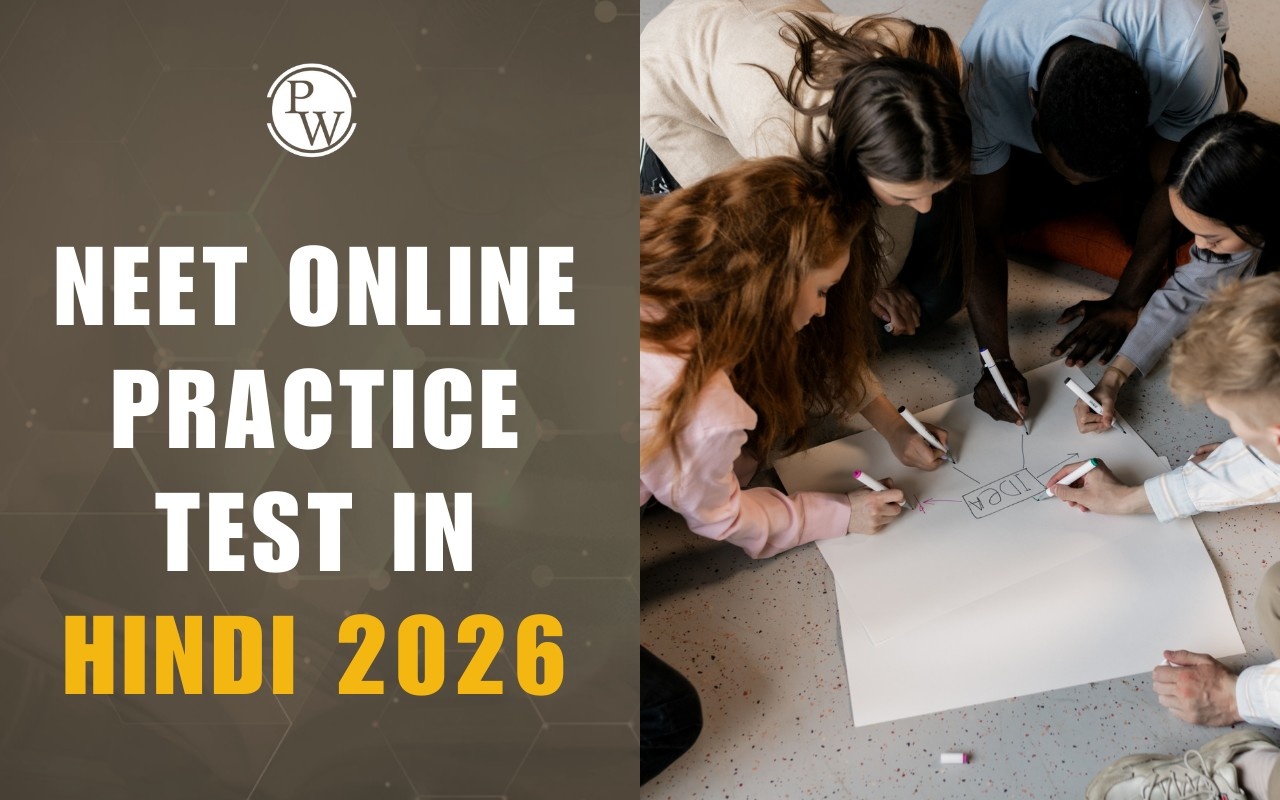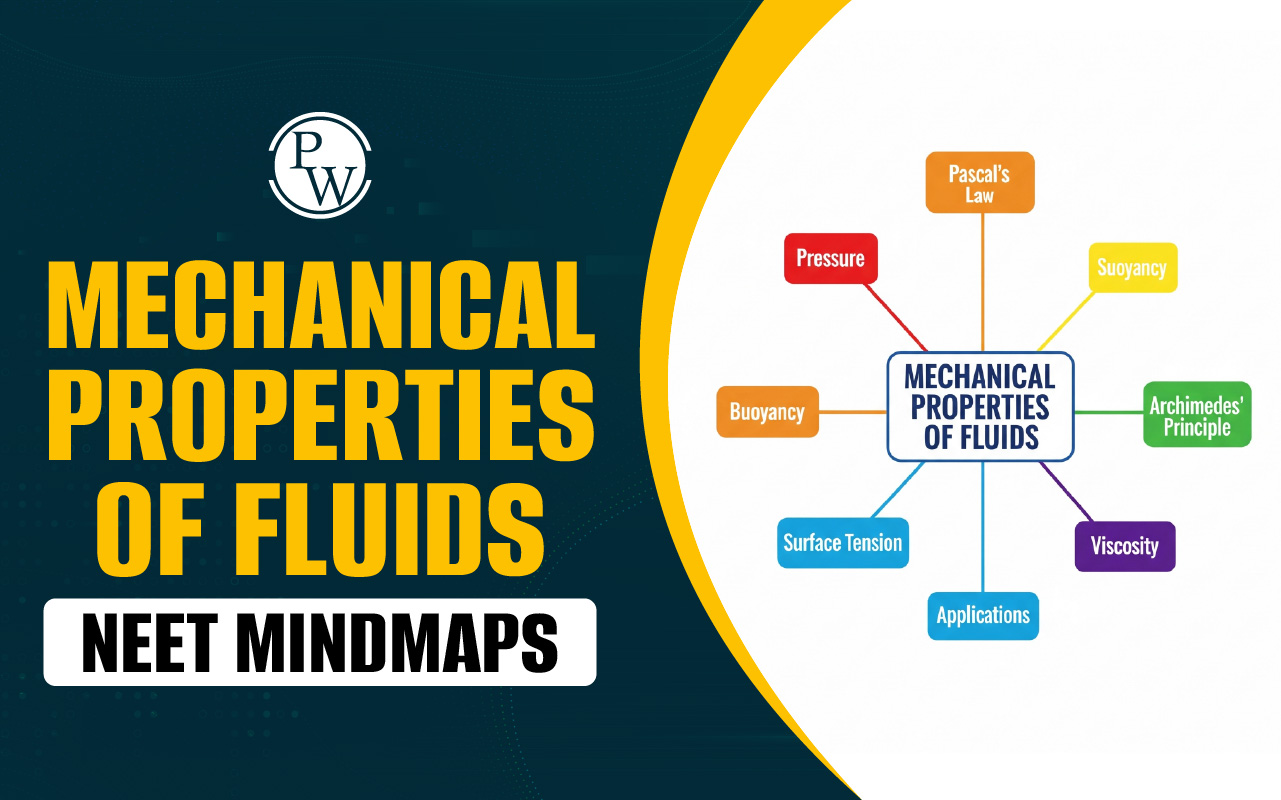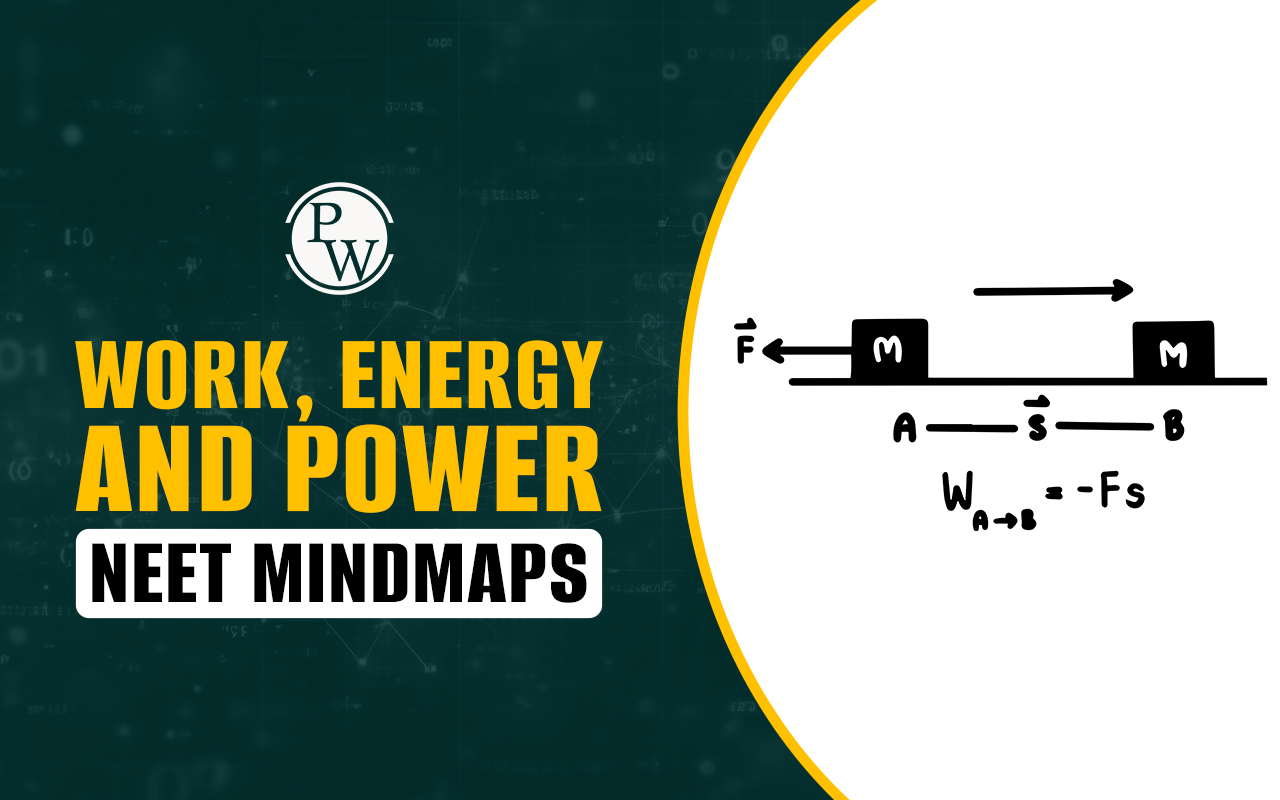

Difference Between Antibody and Antigen: Antigens and antibodies represent distinct entities within the immune system. An antibody is a glycoprotein generated in response to and designed to counteract a specific antigen. Conversely, an antigen is an external substance that triggers an immune response. It stimulates the production of antibodies as part of the body's defense mechanism. Read this article for complete details about the difference between antibody and antigen.
| NEET Biology Syllabus | NEET Biology Diagrams |
| NEET Biology MCQ | NEET Biology Chapter wise Weightage |
| NEET Biology Notes | NEET Previous Year Question papers |
Difference Between Antibody and Antigen Overview
In the immune system, antibodies and antigens play distinct roles. Antigens are substances often found on the surfaces of pathogens or other non-self entities. They trigger an immune response. These can include bacteria, viruses, and toxins. In contrast, when antigens are present, the immune system produces antibodies. Antigens are the triggers that stimulate the immune system to action. At the same time, antibodies are the specialized proteins that respond to and balance the antigens.Difference Between Antibody and Antigen
Antibodies and antigens are like the superheroes of our immune system. They work together to keep us healthy. They help protect our bodies from germs and other things that make us sick. However, the antibody and antigen are different from each other. The difference between antibody and antigen is as follows.
| Difference Between Antibody and Antigen | ||
|---|---|---|
| Basis | Antibody | Antigen |
| Definition | It is a protein the immune system produces in response to and neutralizes specific antigens. | It is a foreign substance that triggers an immune response. |
| Structure | Glycoprotein | It can be proteins, polysaccharides, or other molecules. |
| Types | Types of antibodies like IgG, IgM, IgA, IgD, and IgE (Immunoglobulins). | There are different types of antigens, like exogenous, and endogenous, autoantigens, and tumor antigens. |
| Production | It is synthesized by B cells and plasma cells. | It is generated outside or inside the body |
| Specificity | Each antibody recognizes a specific antigen | Antigens can be specific or nonspecific |
| Function | It neutralizes toxins and marks pathogens for destruction and enhances phagocytosis. | It initiates immune responses and activates the complement system. |
| Immune Memory | It provides long-term protection through immune memory. | It can lead to immunological memory in the immune system. |
| Location | It circulates in blood and bodily fluids. | It is found on the surface of pathogens or body cells. |
| Examples | IgG provides versatile defense; IgM is vital in early immune response; IgA is found in liquids | Bacterial, viral, and fungal antigens; allergens; toxins |
Antibody
Antibodies are also known as immunoglobulins (Ig). These are the large, Y-shaped proteins produced by plasma cells in the blood. They bind to foreign particles and fight against invading substances. Antigens can be independent foreign bodies or can be combined with larger molecules. They cause the immune system to generate antibodies in preparation for a specific immunological response.
Types of Antibodies
Antibodies come in five different isotypes based on their H chains. Each type has specific functions. The types of antibodies are as follows.- IgM (Immunoglobulin M): IgM is vital in the early immune response against microbes, agglutination, and opsonization.
- IgG (Immunoglobulin G): IgG provides versatile defense. It detoxifies harmful substances. It also recognizes antibody-antigen complexes and offers comprehensive immune protection.
- IgA (Immunoglobulin A): IgA is found in liquids. It is essential for frontline defense against pathogens. It limits inflammation and activates the complement pathway.
- IgD (Immunoglobulin D): IgD is vital as a B-cell receptor. It participates in their activation and differentiation.
- IgE (Immunoglobulin E): IgE is linked to allergic responses in small amounts. It is mainly in the lining of the respiratory system.
Functions of Antibodies
Antibodies recognise and destroy pathogens. It neutralizes toxins and assists in phagocytosis. It provides lasting protection. It is vital for immune defense and health.- Binding to Pathogens : Antibodies attach to pathogens. It marks them for identification and destruction by the immune system.
- Activation of the Immune System : Antibodies activate the immune system to attack bacterial infections. It triggers a response for their elimination.
- Direct Attack on Viral Pathogens : Antibodies target and attack viral pathogens. It neutralizes their harmful effects.
- Assistance in Phagocytosis : Antibodies assist immune cells in phagocytosis. It enhances the ingestion and elimination of harmful substances.
- Long-Term Protection : Antibodies provide enduring protection against pathogens.
- Neutralization of Bacterial Toxins : Antibodies neutralize toxins produced by bacteria. It prevents them from causing harm to the body.
- Enhancement of Antigen Efficiency : Antibodies enhance the efficiency of the immune response and facilitate the recognition and elimination of invaders.
Antigen
Antigens are chemicals that stimulate the immune system in the body. It has a molecular mass of 14,000 to 600,000 Da. It is mainly composed of proteins and polysaccharides. When these hazardous substances enter the body, they trigger an immunological response that causes the body to produce antibodies.Properties of Antigens
Antigens have several properties. All the properties of antigens are as follows.- An antigen must be a foreign substance to trigger an immune response.
- Antigens typically exhibit a molecular mass of 14,000 to 600,000 Da.
- Antigens are mainly composed of proteins and polysaccharides and form the basis of immune recognition.
- The degree of chemical complexity directly correlates with immunogenicity.
- Antigens demonstrate specificity to particular species and contribute to the accuracy of immune system responses.
Types of Antigens
Antigens can be categorized based on their origin and immune response. All types of antigens are given below.Based on Origin
- Exogenous Antigens: These antigens come from outside the body. It can enter through inhalation, injection, etc. Common examples include food allergens, pollen, and aerosols.
- Endogenous Antigens: They are generated inside the body due to viral or bacterial infections or cellular metabolism.
- Autoantigens: These are self-proteins or nucleic acids. It is due to genetic or environmental alterations.
- Tumor Antigens: It is found on the surface of tumor cells. It induces an immune response. Some tumors develop mechanisms to evade the immune system.
- Native Antigens : Antigens not yet processed by an antigen-presenting cell.
Based on Immune Response
- Immunogen : These antigens are often proteins or polysaccharides. It can generate an immune response independently.
- Hapten: Haptens are non-protein foreign substances that require a carrier molecule to induce an immune response.
How are antigens and antibodies used for COVID-19 testing?
As per information from the FDA, there are three primary types of tests for COVID-19 and the virus causing it, SARS-CoV-2:- Molecular Tests : These tests detect genetic material from the virus in your body. A long swab is used to collect material from your nose or throat. A negative result indicates the absence of the SARS-CoV-2 virus, or COVID-19, during testing.
- Antigen Tests : These tests identify antigen proteins from the virus. Material for testing is collected with a long swab from your nose or throat. Most rapid COVID-19 tests fall into this category. While they can diagnose COVID-19, a negative result may require confirmation with a molecular test to ensure the absence of the infection.
- Antibody Tests : These tests measure antibodies in the blood. It is collected through a blood test from your arm or a finger stick. They help determine a past COVID-19 infection but may not reliably indicate a current infection. They are not a surefire way to confirm the absence of COVID-19, and additional testing may be necessary to rule out an ongoing infection.
Difference Between Antibody and Antigen
What is an example of an antigen?
What are macrophages?
What are T cells?
What is the most significant antibody?












